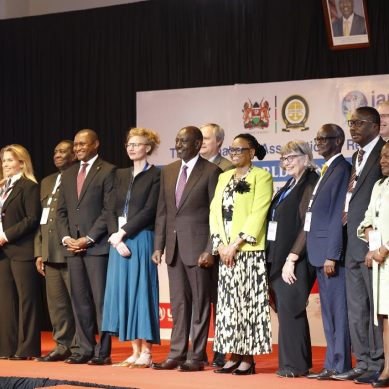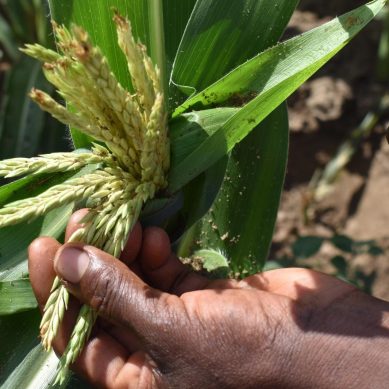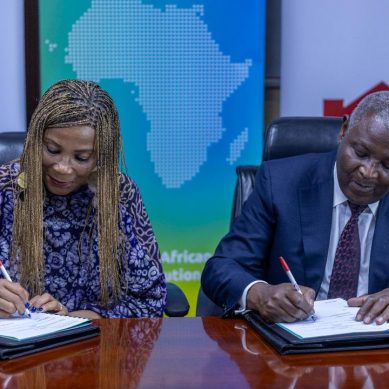
Important information about Covid-19 vaccine injuries and their impact on people’s lives is “slipping between the cracks” of media coverage, YouTube commentator John Campbell, reported on a recent episode of his show.
Important information coming out of the ongoing UK Covid-19 Inquiry is “slipping between the cracks” of media coverage, YouTube commenter John Campbell, reported on a recent episode of his show.
Campbell played clips of testimony by Kate Scott, who represents the UK’s Covid Vaccine Injured & Bereaved (VIBUK). Kate’s husband, Jamie, suffered a traumatic brain injury and was left severely disabled by the AstraZeneca vaccine.
Kate’s testimony is part of the inquiry’s fourth module, investigating issues related to the Covid-19 vaccines and therapeutics.
Jamie was an athlete, a high-power executive and an active husband and father of two boys until he nearly died after experiencing vaccine-induced immune thrombosis and thrombocytopenia. He was in a coma for four weeks and five days.
Jamie survived, Kate explained, but his life will never be the same. His traumatic brain injury affects his thinking processes and his emotions. He is partially blind and he will never be able to work again, to live independently or to look after their children.
Kate said that she and her group were testifying to draw attention to the fact that many people were injured by the vaccine, to remove the stigma of vaccine injury, and to compel the government and pharmaceutical companies “to look again at how to deal with the inconvenient fact of vaccine injury and bereavement and the lives it has shattered.”
She said the very first serious side effects from the AstraZeneca vaccine, “should have rung an alarm with the MHRA” – Medicines and Healthcare products Regulatory Agency – and the UK “government that there was a serious problem. However, no action was taken.”
She presented data that VIBUK obtained via a freedom of information law request showing that as of November 30, 2024, 17,519 vaccine injury victims have made claims to the government’s Vaccine Damage Payment scheme.
Of those, she said, only 194 victims have been notified that they are entitled to payment and only 55 have received any payment. The maximum allowed payment is 120,000 pounds (approximately $150,000).
Kate also revealed that people are deemed ineligible for compensation if they are considered less than 60 per cent disabled and that many people receive diagnoses that they are 59 per cent disabled.
“A percentage disablement is also somewhat offensive,” she said. “Regardless of if it’s 10 per cent or 59 per cent or, Jamie, way over 60 per cent or dead – I guess that’s 100 per cent disabled – there’s no compensation if you fall below that [60%].”
“The consequence of being told, ‘sorry you’re only 55 per cent disabled,’ it’s awful, it’s devastating and then there’s nothing for you, no one to help.”
Commenting on her testimony, Campbell asked, “How on earth can a clinician adjudicate someone is only 59 per cent disabled? Why not 58? Why not 61? How can you be 59 per cent disabled? I don’t understand that. I simply don’t understand it.”
Kate added, “Statistics are interesting, aren’t they? Within our group, [for] 100 per cent of the people in it, [the vaccine] was not ‘safe and effective.’”
The group recommended that pharmaceutical companies should not fund the government agencies that regulate them. They also said the Yellow Card scheme, which is the UK’s adverse events reporting system for medicines, vaccines, medical devices and other products – should be mandatory rather than voluntary.
Kate also said the government should follow up when people file yellow cards. Many people in their group had filed cards, but no one ever contacted them to investigate.
“We are important,” she said. “We’re part of this pandemic story.”
Campbell asked, “Why is it that so many things only come to light from freedom of information requests?” He said it’s a pity these stories are not being picked up by the media. “Powerful testimony, not well-covered, unfortunately,” he said.
A Tell report / By Brenda Baletti – senior reporter for The Defender








